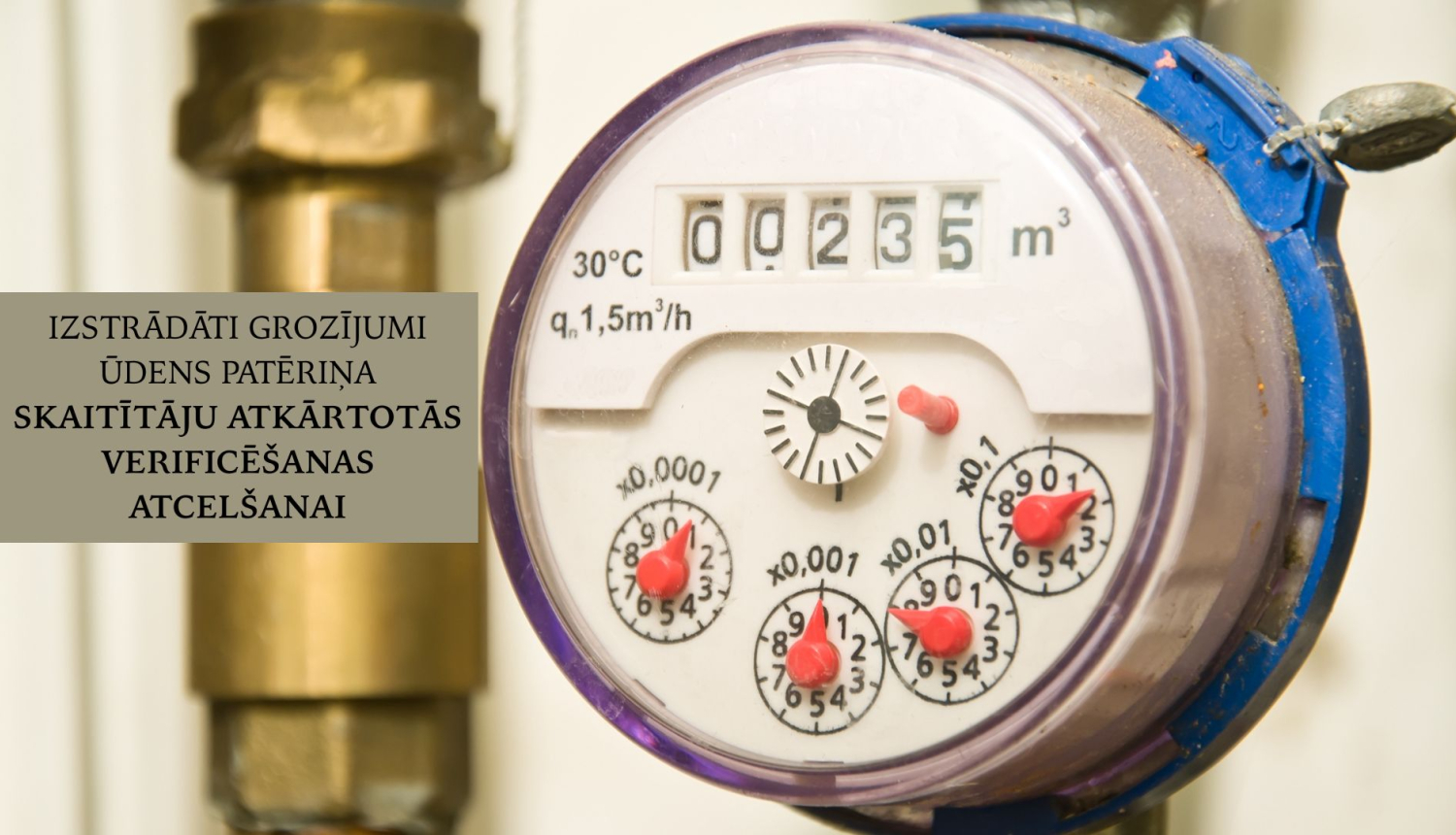Translated using ChatGPT service.
The process of re-verification of water consumption meters installed in apartments is not useful – the cancellation of the requirement to perform this task will reduce administrative burdens and costs for residents.
The Ministry of Economics has developed amendments to the Cabinet of Ministers Regulation No. 289 of May 14, 2024, “Regulations on the List of Measuring Instruments Subject to State Metrological Control,” which stipulates that from now on, apartment owners will no longer have to carry out re-verification of water consumption meters. Residents will still be able to use the existing water meters without the mandatory obligation to perform re-verification.
Currently, the regulatory framework requires the re-verification of mechanical water meters every four years, and electromagnetic and ultrasonic water meters every six years. From 2020 to 2023, a total of 975,809 water meters were verified, costing residents 19.5 million EUR, or approximately 5 million EUR annually.
In 2024, the Consumer Rights Protection Centre (PTAC) conducted control purchases at inspection institutions, and the results indicate that in most cases, inspection institutions (verifiers) deem invalid meters as fit for use: of the 33 water meters inspected, 22 were intentionally made unsuitable for use, but only in 30% of cases were they recognized as invalid by the verifiers. This means that in 70% of cases, the non-compliant meters potentially end up back in apartments.
Given the above, it can be concluded that the current system for controlling water meters installed in apartments is not effective, as it does not provide a service ensuring that the water meters comply with metrological requirements.
“Water meter verification – as it is done now – is a formal procedure that does not achieve its goal and should be abandoned. Currently, it generates additional costs and unnecessary obligations for households, without ensuring the accuracy of water consumption measurements. We need to become more efficient by strengthening the individual responsibility of each market participant for the quality of their services, while directing public control resources primarily to areas where there are significant risks to public health and safety,” says Minister of Economics, Viktors Valainis.
At the same time, by removing the requirement for water meters to undergo re-verification, the demand for such services will decrease, which will result in businesses providing these services having to consider this situation and think ahead about reorienting and diversifying their commercial activities.
Currently, the draft amendments are undergoing inter-institutional coordination and can be reviewed in the TAP portal.



